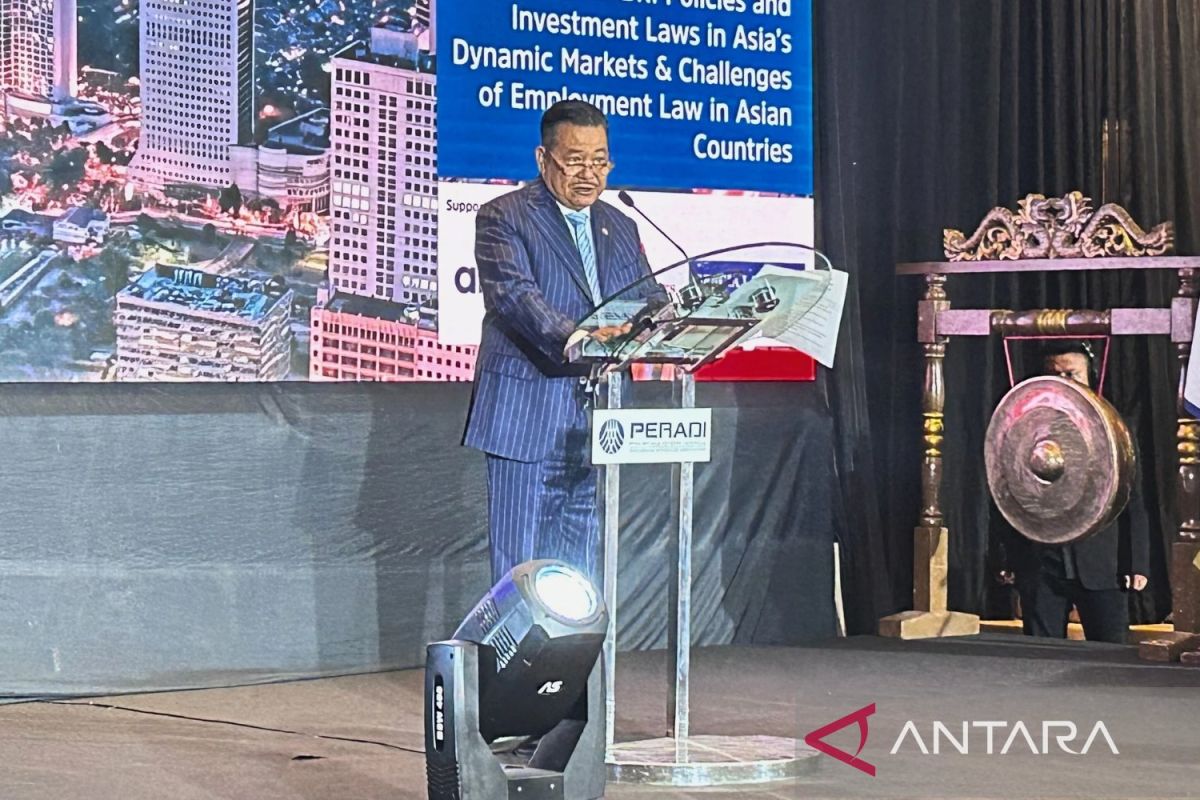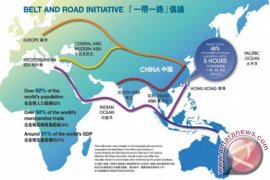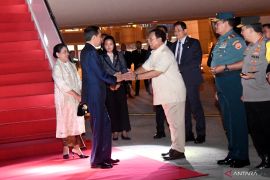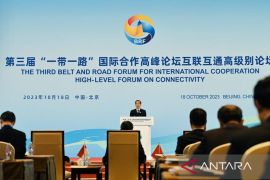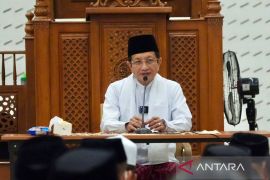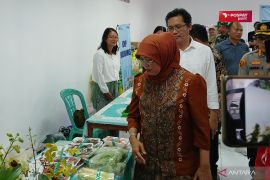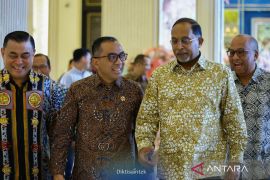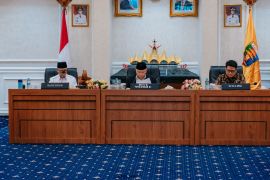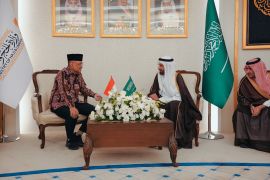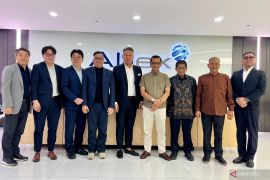“The Belt and Road Initiative is not just about building roads. It is about building the future,” he remarked at the LAWASIA Belt and Road Initiative and Employment Law Conference 2025 here on Monday.
The deputy minister stressed the importance of ensuring that legal frameworks remain responsive to change, as the BRI has evolved into a platform for inclusive growth and development, placing people at its center.
The BRI is a global development strategy of the Chinese government, involving infrastructure development and investment in 152 countries and international organizations across Asia, Europe, Africa, the Middle East, and the Americas.
Related news: Indonesia proposes special fund for investments under BRI
Hasibuan noted that one of the most impactful yet often overlooked aspects of the BRI cooperation is its contribution to job creation, skills improvement, and livelihood enhancement in all countries that have agreed to the initiative.
In Indonesia, he highlighted major projects, such as the Jakarta-Bandung High-Speed Rail and the Morowali Industrial Area, as examples of how infrastructure development can improve public welfare.
According to the deputy minister, these projects have employed tens of thousands of Indonesians, provided technical training, and supported long-term capacity building for Indonesian citizens.
When implemented responsibly and collaboratively, he believes the BRI can serve as a tool for countries to meet both hard and soft infrastructure needs, including access to training, technology, and job opportunities.
Related news: Whoosh high-speed rail hits 10-million passenger mark
Translator: Agatha, Kenzu
Editor: Rahmad Nasution
Copyright © ANTARA 2025
